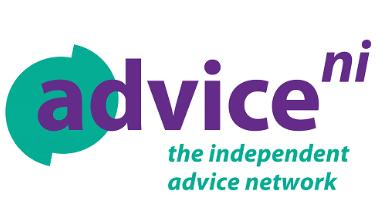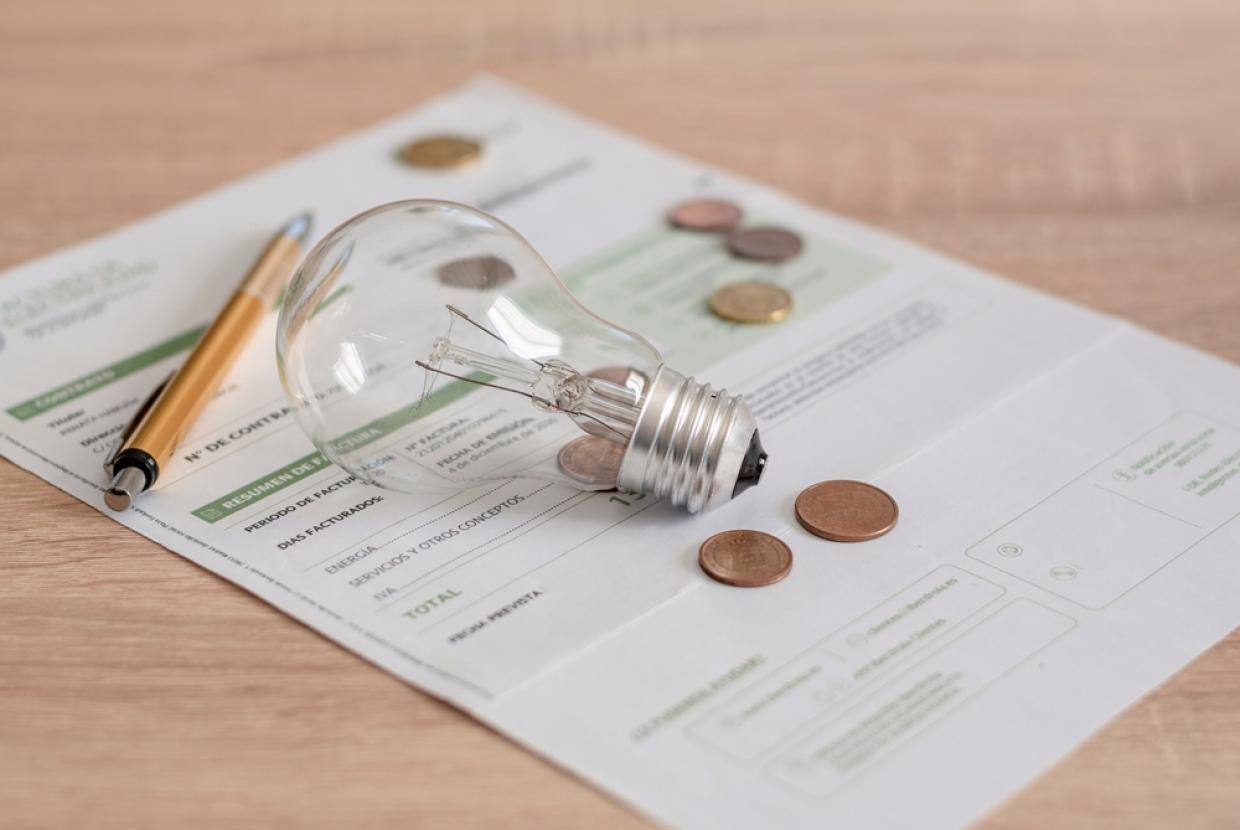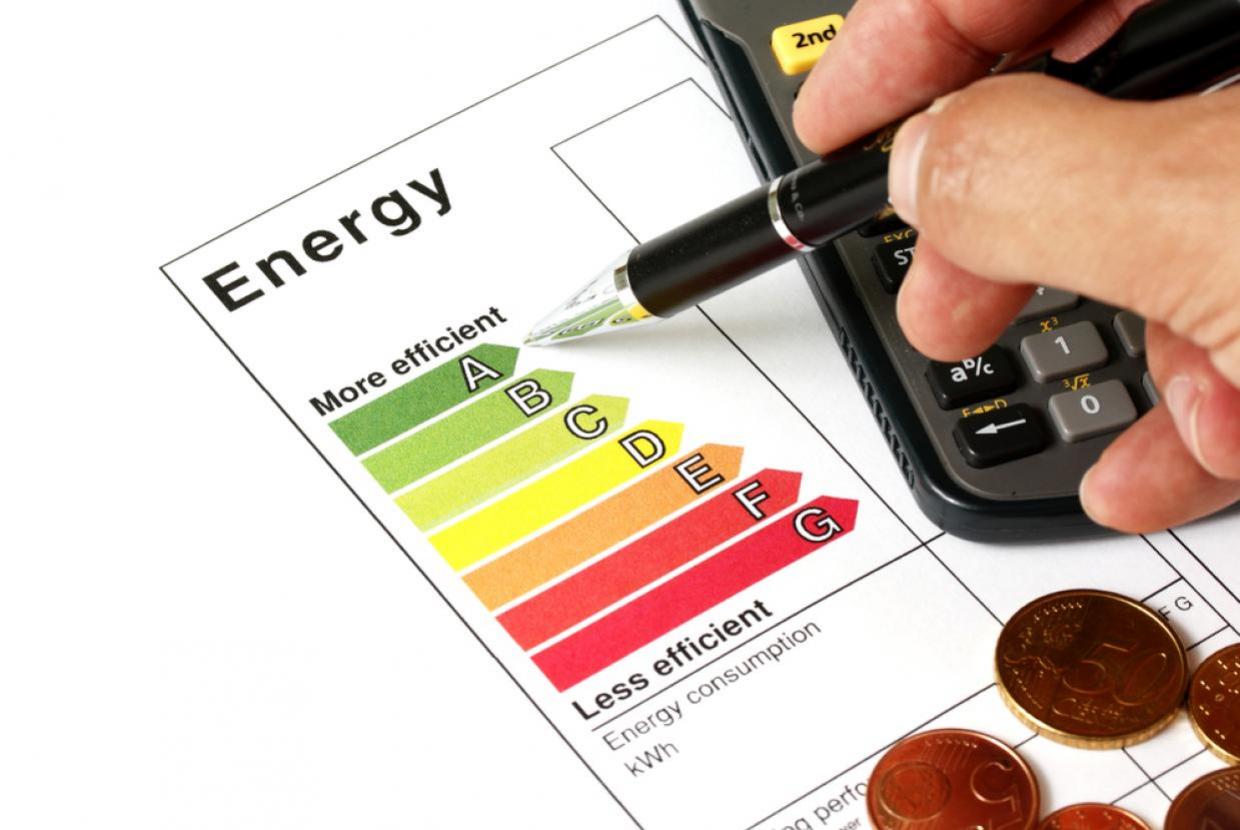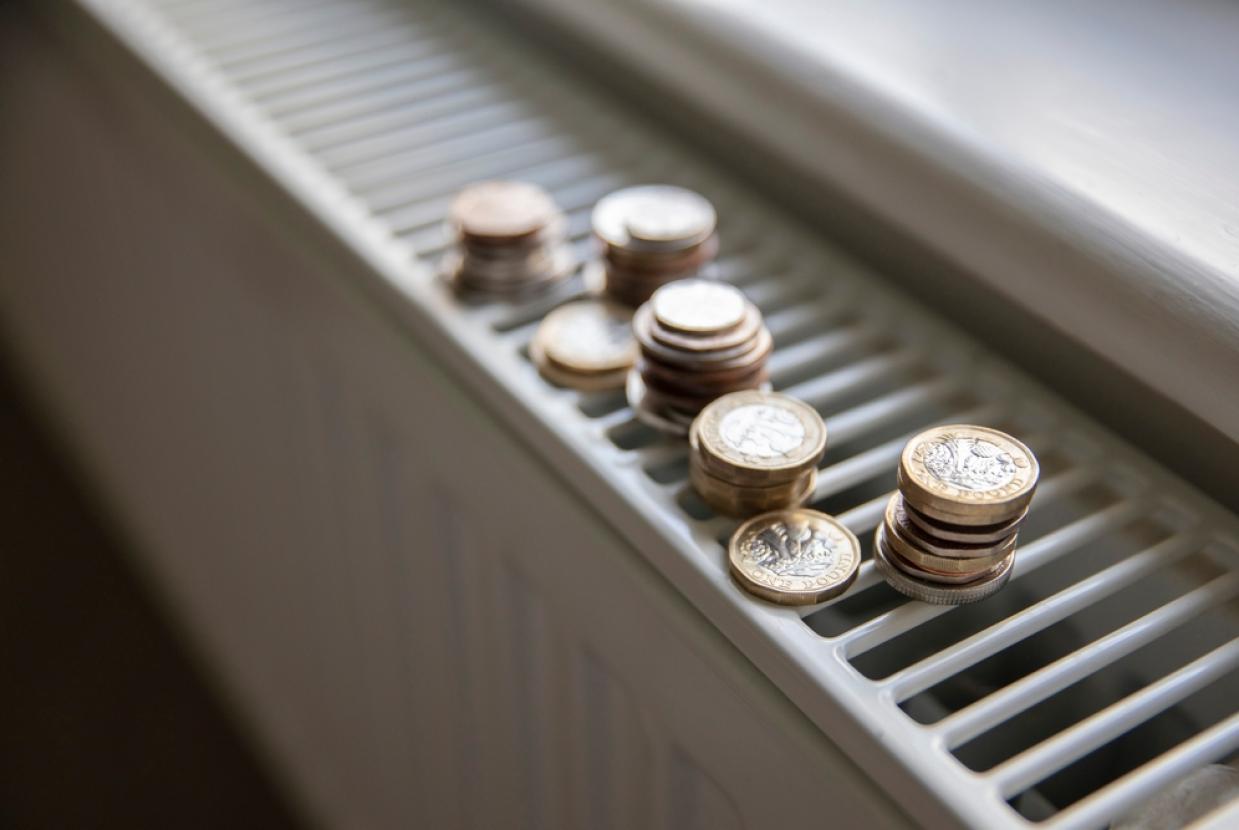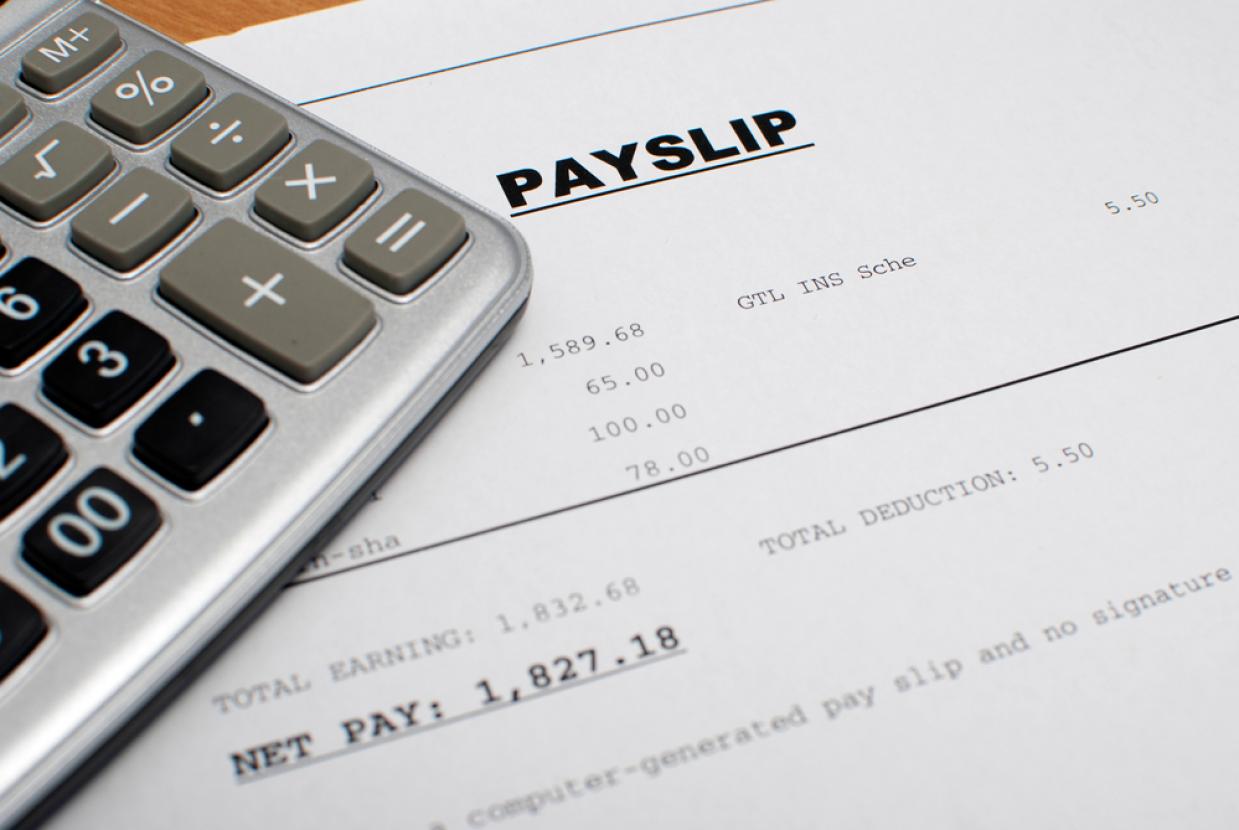Tips To Budget & Save
This factsheet is to help you plan, manage and control day-to-day spending for your household. It contains advice on how to keep your household expenses under control, complete a budget to ensure you do not spend more than you have coming in, get some practical advice about saving for occasional costs, and some basic advice on debt options that may be available to you.
1) Why make a budget?
A budget is an overview of the total income and total expenditure of a household. It helps ensure you always have the funds available to pay your essential bills (or priority debts) on time. A budget also helps you work out how much surplus income you have left over per month to offer to your non-priority debts, for example your loans and credit cards.
2) Completing your budget
To complete a budget, you should calculate in detail your total household income and total household expenditure. It is best when completing a budget to use MONTHLY figures.
We have a blank template budget planner at the end of this factsheet. If you would prefer us to post you a printed copy then contact us.
3) Calculating your Income
The first step in completing a budget is to calculate the total monthly income for your household. This income can be made up of elements including:
- Wages or salary (after deductions)
- Regular overtime payments (after deductions)
- Income from self-employment (minus notional deductions for income tax and NI)
- Income from other properties (after deductions)
- Income received benefits, including child benefit
- Any disability or carers allowances received
- Any contributions from non-dependents or lodgers who live with you
4) Calculating your Expenditure
The second step in completing a budget is to calculate your total monthly expenditure for your household. This should include all living expenses and priority debts, however at this stage do not include payments towards your non-priority debts, arrears or credit payments. Your expenditure should be made up of elements including:
Housing costs
- rent
- mortgage
- house insurance
- rates and service charges
Utility costs
- electricity
- gas
- oil
- solid fuel
- TV licence
Housekeeping costs
- food
- school meals
- meals at work
- laundry
- home replacements
Personal costs
- clothing
- hairdressing
- medical / dental / optical
Home Entertainment
- telephone
- internet
- satellite TV
- mobile phone
Transport costs
- car fuel
- tax
- insurance
- finance
- maintenance and or public transport costs
Child expenses
- childcare
- child pocket money
- CSA / Child maintenance
Other expenses
- life insurance
- private pension
- pet expenses
- sports / hobbies
It is important that the amounts you put in your budget are based on your true spending, so the amounts are accurate. You should not include figures that are less than you are actually – the budget will be pointless and hard to keep.If you enter a procedure to deal with your debts, your creditors will analyse your expenditure and they will reject a proposed offer if they do not feel it is reasonable. However, our debt advisers are aware of allowances which the creditors deem acceptable. Before presenting any figures to your creditors you should contact us for advice.
5) If you have a surplus in your monthly budget
After calculating your monthly income subtract your monthly expenditure and the amount left over is known as your surplus income. This is the money left to do the following:
- Repay your current debts: If after calculating your budget you do not have enough money left over to make normal monthly repayments, you should seek advice from a debt adviser so they can discuss your options with you.
- Set up a savings fund: If you have a surplus income after paying your priority expenses and then your debts, it’s a good idea to save some of your surplus monthly income. It can ease the stress on you to have savings set aside to cover unforeseen future expenses or changes in circumstances. There are also annual costs such as birthdays, holidays and Christmas that can be forgotten when budgeting. It is important to save for these rather than rely on unnecessary credit to cover these occasions.
- Obtain further credit: If you can manage your current debt repayments comfortably, and still have a surplus income remaining, you may feel that taking further credit could improve your standard of living. This could be to cover the cost of essential home repairs, home improvements, to purchase a car or even to go on holiday.
Think very carefully before you do this to ensure any additional borrowing does not overstretch your finances. Always think about any future changes to income or outgoings such as children leaving home, interest rates rising or any other possible changes to your household situation. If you need advice on whether obtaining further credit is a good option for you then contact us for advice.
6) Tips to reduce your expenditure
Always keep an eye on outgoings so that you don’t overspend on utilities, transport costs or other expenses. Always check multiple providers to see if you can get a better price for the same service or goods elsewhere. By slowly working through your expenditure to ensure you get the best deal on everything you can potentially save hundreds of pounds a year. Some examples of ways you can save money is below:
- Utilities: It is important to budget for utilities, but your energy company can offer many different tariffs and options. It can be confusing to work out which deal is best for you. The Consumer Council has an online tool with up to date tariff costs for electricity and gas. You can check if you are paying the lowest price for your usage by visiting: www.consumercouncil.org.uk/consumers/save-money/energy/considering-switching-supplier
- Mobile phone providers: Check your phone contract is the best price you can find for your usage, and that you are not overpaying for data or minutes you don’t need. Most internet mobile deals are better than those available in-store, even if you go direct to the network provider. You can also save further by paying by direct debit and switching to paperless billing. Avoid using directory enquiries or number search company that charge, as you can generally find a phone number for free on the internet. If you must use a directory enquiries service, take down the number and dial them directly rather than being transferred through as you can still be charged the premium minute rate after transferred through.
If you have a mobile or landline bill that you cannot afford to pay but you want to keep the line, contact your phone company to settle the arrears by instalments. They should agree to allow incoming calls only for a period to ensure your bill does not rise. Then, when your arrears are clear, you can usually return to your normal package. If you need help to ask your provider, contact us for advice.
- Internet & TV: It pays to shop around for a good deal as there are so many different companies offering broadband. Many companies also offer discounted digital television packages as part of their broadband deals, but you should still check to see if you can get a better deal paying for these separately. Make sure any usage cap is suitable for your needs to avoid further charges. If your current contract is finishing, don’t be afraid to contact your provider and ask for a better deal. Ofcom has an online comparison guide to check for phone, broadband and digital TV prices. You can check if you are paying the lowest price for your needs by visiting: www.ofcom.org.uk
- Travel Costs: If you use public transport, you could save money by buying a weekly, monthly or annual travel pass directly from Translink. Running a car can be expensive so use comparison websites and shop around for your car insurance every year. Automatically renewing with your current provider is rarely the cheapest option available.
7) Tips on saving
If you have surplus income left over after paying your priority and non-priority costs you should allow yourself an affordable weekly or monthly amount in your personal budget for occasional costs like Christmas, birthdays or car repairs. You should always try to put something aside for unexpected costs and emergencies if you can.
You should save in a bank or building society account that will pay interest on your savings. Shop around for the best deal or speak to an independent financial adviser. You could also check if there is a local credit union you can join. Credit unions are saving schemes run by their members which allow you to borrow at least twice more than you have saved once you have been a member for a certain length of time. These borrowings are usually at a low interest rate and the repayments can have some flexibility.
8) Help to save scheme
The government has a savings scheme provided for those people on a low income called the Help to Save Scheme. This scheme you a 50p bonus for every £1 you save over a four-year period. To be eligible for the Help to Save Scheme you must be a UK resident with a bank account and meet one of the criteria below:
- be receiving Working Tax Credit;
- have a nil award for Working Tax Credit but receive Child Tax Credit; or
- be claiming Universal Credit with an Income of at least £542.88 over the last assessment period.
For more details on how the Help to Save scheme works please visit: www.nidirect.gov.uk/articles/help-save-scheme or you can contact us for advice.
9) Five key guidelines for managing your finances
- Once you are aware that you are struggling with balancing your finances, don’t ignore the problem. It won’t go away unless you face up to it. The longer you leave it, the worse it will get and the harder it can then be to rectify.
- You should not automatically seek further credit to help budget your finances – this can make your situation even worse. Think carefully before obtaining credit to help budget as your outgoings will increase further with the additional debt.
- Make sure you maintain payments on all your priority outgoings first, before making offers towards your non-priority debts such as credit cards, loans and catalogue debts.
- If you decide that making reduced offers of payment to your creditors is the way to deal with your non-priority debts, prepare your personal budget using the template on this factsheet and following the steps above. Contact everyone you owe money to and offer to pay a reduced amount that you can afford.
- If you feel overwhelmed with the situation, there is free and professional advice and assistance to help you make sure your situation doesn’t deteriorate. Our advisers are non-judgemental no matter your circumstances.
10) What options do I have for dealing with my debts?
Our advisers will run through your circumstances and ensure you are aware of all options that you have to deal with your debt and help answer any questions you may have. We would always advise you to seek professional assistance from our advisers, so they can assess your individual circumstances to establish which options you have available. This should then help you make an informed decision of which option is best for you.



